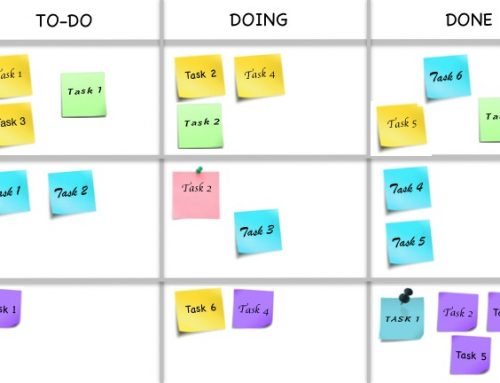You know how to work lab equipment and protocols (e.g. autoclaves, thermal cyclers, electrophoresis), so why should you avoid working with another key element in labs, the biotech sales representative? Rather than avoidance of vendors such as VWR, BioRad, Fisher Scientific, or Life Technologies, dealing with biotech sales representatives can get you big payoffs. While it may be initially uncomfortable, a long-term plan can not only save your lab money but also improve your research.
The first goal is one of taxonomy: determining the species of your sales representative. This is not meant to be comprehensive, but having worked long in the industry and now through BrainSpores where we are helping improve scientists and their experience in laboratories, I believe you can make a few useful generalizations and divide biotech sales representatives into three broad groups:
- Technologists– these representatives have very strong scientific training and sympathize with researchers. They may not be the easiest to work with as they have a strong opinion on what might be best for your lab, but will likely have access to technology that has not been released yet. Treat them like a fellow scientist and they will repay you in kind.
- Consultants– some representatives are simply good at networking and have excellent relationships. They are very easy to get along with- friendly and looking out for what is best for your lab. While they may not deeply understand your research or technical problems, these representatives can work both within their company and in their network to provide your lab with expertise and access. Be nice, keep it professional and you will likely see them move heaven and earth to help your lab when you are in a bind or when you need to fund a small conference.
- Transactors– these are representatives who are excellent at working deals. They are good at listening to your list of requirements and then expanding these to get you a great bargain. While they may not understand the technology or the science problem, they assume you do. Work with them fairly, be ready to bundle or buy in bulk, and your lab can save real money.
Obviously, most representatives have a blend of these characteristics, but if you can figure out the main style of your biotech sales rep, you will know how to deal with them.
The key points to remember when dealing with biotech sales representatives are that they only have two currencies: Their reputation and their time. Reputable sales representatives are in it for the long-haul and want to establish a relationship with your lab group. Since they are part of the community, they are unlikely to be moving any time soon. Even if they change the company they work for, they will still want to be engaging with your team.
Now that you can classify your sales rep, look for “How to Deal With Biotech Sales Representatives, Part 2: Getting What You Want.”
Spotted a different species of sales representative? Tag it, characterize it and tell us!
Quote: “For scientists, growing cells took so much work that they couldn’t get much research done. So the selling of cells was really just for the sake of science, and there weren’t a lot of profits.” Rebecca Skloot
If you are interested in our negotiations course please contact us.








Leave A Comment